Today, September 1, we celebrate the feast day of Saint Giles (650-710), abbot, hermit, miracle-worker, and patron saint of the disabled. Like many saints, the life of Saint Giles began in wealthy privilege, which he left behind to pursue a path of righteousness and pure devotion to the Lord. Through this devotion, Giles served the least of society at the time—beggars, cripples, and convicts—all in the name of Jesus. One of the 14 Holy Helpers, Saint Giles is called upon for protection in times of plague and epidemic.
Giles was born in Athens, Greece, the son of wealthy King Theodore and Queen Pelagia. While from an early age he cared little for the wealth and splendor of the royal court, he inherited it upon his parents’ deaths. Giles immediately began distributing the royal possessions and funds to the poor, and miracles began to occur at his hand. As more and more people came to see him due to these miracles, he found the crowds prevented him from living a pious and God-focused life, and therefore left Greece to live as a hermit.
Giles settled in France, where he lived alone in a cave near Nimes, and spent his days in prayer, meditation, and conversation with the Lord. The cave he made his uncomfortable home in was guarded by a thick thorn bush, and due to his lack of food, legend tells us that the Lord sent a hind (a deer of sorts) to the cave, to nourish Giles with her milk.
On one occasion, while the hind was visiting, a royal hunting party chased the hind into the thicket and shot an arrow into the cave. Rather than hitting the deer, the arrow lodged in Giles’ leg, crippling him for the remainder of his life. The king, greatly upset by this turn of events, sent doctors to care for Giles’ leg, and also took to visiting him frequently (despite Giles’ wishes to be left alone).
Due to the king’s visits, Giles’ fame again began to spread, as miracles continued to be worked through him. Beggars, the disabled, the sick, and the crippled soon began gathering near his cave. Pious followers began to present themselves to Giles as well, looking for spiritual guidance and leadership. Out of his admiration of Giles, the king commissioned a monastery (Saint Gilles du Gard) for these followers, and Giles became the first Abbott, establishing the Rule of Benedict. As with most religious sites, a small town grew up around the monastery, due to the constant stream of sick visiting. Following his death, the town grew further, his grave and shrine becoming a place of pilgrimage.
With the growth of the village, Giles again felt besieged by the many visitors. He insisted upon living outside the walls of the city, and there he lived on alms in communion with the other crippled and handicapped beggars. Through his influence, hospitals and safe houses for the poor, crippled, and ill were built across Europe. Convicts on their way to execution were allowed to stop at Saint Giles’ Hospital, where they were treated with kindness, fed, given a bowl of ale “to drink at their pleasure, as their last refreshing in this life,” and allowed to make their reconciliation.
The relics of Saint Giles (hidden for centuries from the ravages of invasion) were returned to the Church of Saint Giles in Nimes in the 1800s. There, they continue to be venerated today. Remembered for his sanctity, his miracles, and his gifts as a confessor, the life of Saint Giles reminds us that it is our relationship with the Lord (and service to others) that is important—not fame, earthly recognition, personal glory, wealth, or success. On this day, the feast of Saint Giles, we are called to look to those in our community who are in need of assistance. What have we done lately to improve the lives of those who struggle, are ill, or in need?
Grant, we beseech thee, O Lord, that the prayers of thy holy Abbot, blessed Giles may commend us unto thee: that we, who have no power of ourselves to help ourselves, may by his advocacy find favor in thy sight. We ask this through Christ, Our Lord. Amen.
Inspired by the origins and spiritual history of the Holy Rosary, we continue our meditation on the psalms, one each day, in order, for 150 days.
Psalm: Psalm 129: Prayer for the Overthrow of Israel’s Foes
1 They have greatly oppressed me from my youth—
let Israel say-
2 they have greatly oppressed me from my youth,
but they have not gained the victory over me.
3 Plowmen have plowed my back
and made their furrows long.
4 But the LORD is righteous;
he has cut me free from the cords of the wicked.
5 May all who hate Zion
be turned back in shame.
6 May they be like grass on the roof,
which withers before it can grow;
7 with it the reaper cannot fill his hands,
nor the one who gathers fill his arms.
8 May those who pass by not say,
"The blessing of the LORD be upon you;
we bless you in the name of the LORD."
Day 244 of 365
Prayer Intentions: For those with special needs, and their caretakers; For social justice for all;
Requested Intentions: For those who are ill, and their caretakers (D); For the safety of a sister who is traveling (A); Recovery of mother with cancer (R); Successful acquisition of a visa (T); Restoration of a marriage (A); For employment and health of mother (G); Successful employment (M); Restoration of a family, End to brother's addiction, Successful marriage (R); Employment (I); Successful recovery of a mother; for all stroke victims (D); Improved relationship with daughter (P); Restoration of health and successful marriage (A); Health and employment for a friend (G); Restoration of health (M); Answers to prayers (A); Conversion of son and family (S); Successful business, home purchase, health of brother (SJ); Successful delivery of a baby girl (U); Successful return to the faith (A); Emotional, physical, and financial healing (D); Diagnosis and recovery (A); For a successful relationship (J); Those suffering from depression (J); Successful adoption (S); Healing of a father battling cancer (S).
Psalm: Psalm 129: Prayer for the Overthrow of Israel’s Foes
Why pray the Rosary every day for a year?
Each time the Blessed Virgin has appeared-- whether it be to Saint Bernadette Soubirous at Lourdes; to Lucia, Jacinta, and Francisco at Fatima; or to Mariette Beco at Banneux-- she has asserted the importance, saving grace, and power of praying the Holy Rosary on a daily basis. Based upon her words, the Rosary is penance and conversion for sinners, a pathway to peace, an end to war, and a powerful act of faith in Jesus Christ. Pope Paul VI presented the Rosary as a powerful means to reach Christ "not merely with Mary but indeed, insofar as this is possible to us, in the same way as Mary, who is certainly the one who thought about Him more than anyone else has ever done."
To show us how this is done, perhaps no one has been more eloquent than the great Cardinal Newman, who wrote: "The great power of the Rosary consists in the fact that it translates the Creed into Prayer. Of course, the Creed is already in a certain sense a prayer and a great act of homage towards God, but the Rosary brings us to meditate again on the great truth of His life and death, and brings this truth close to our hearts. Even Christians, although they know God, usually fear rather than love Him. The strength of the Rosary lies in the particular manner in which it considers these mysteries, since all our thinking about Christ is intertwined with the thought of His Mother, in the relations between Mother and Son; the Holy Family is presented to us, the home in which God lived His infinite love."
As Mary said at Fatima, "Jesus wants to use you to make Me known and loved. He wishes to establish the devotion to My Immaculate Heart throughout the world. I promise salvation to whoever embraces it; these souls will be dear to God, like flowers put by Me to adorn his throne."

Subscribe to:
Post Comments (Atom)







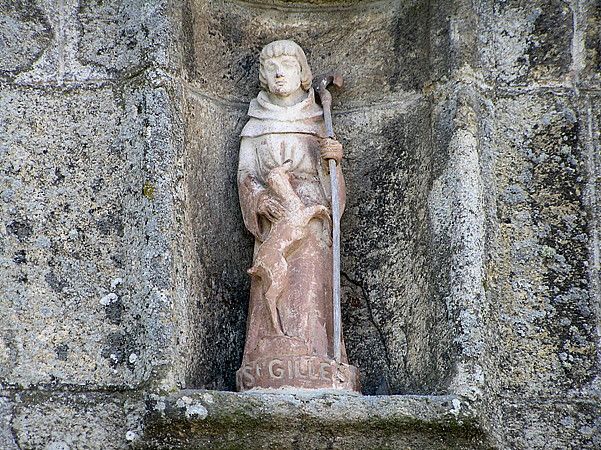
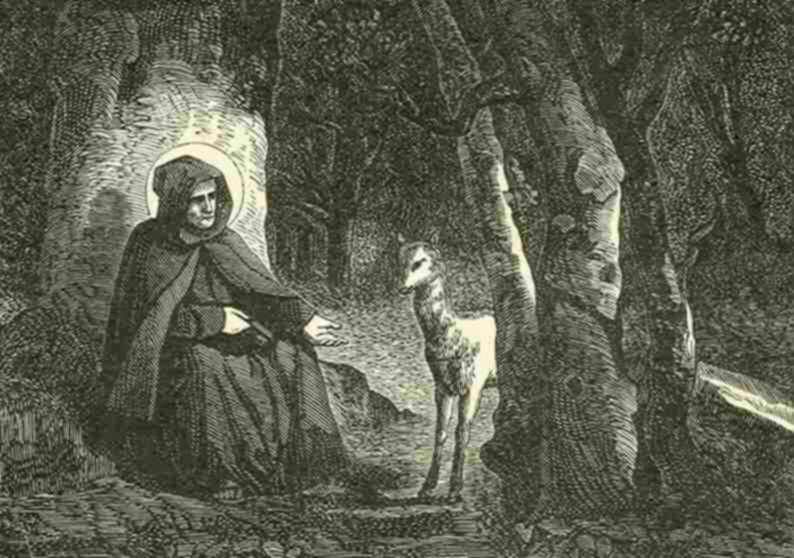
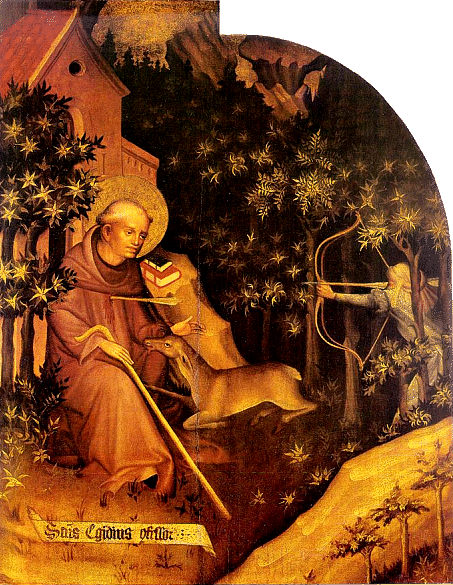

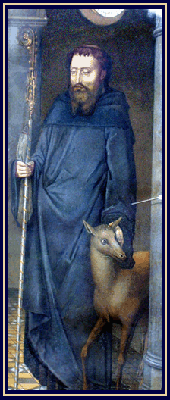


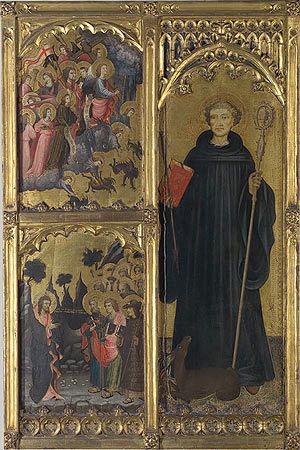
0 comments:
Post a Comment
Thanks for leaving a comment. If you wish to submit a prayer request, however, please do so above, using the "Contact" tab.